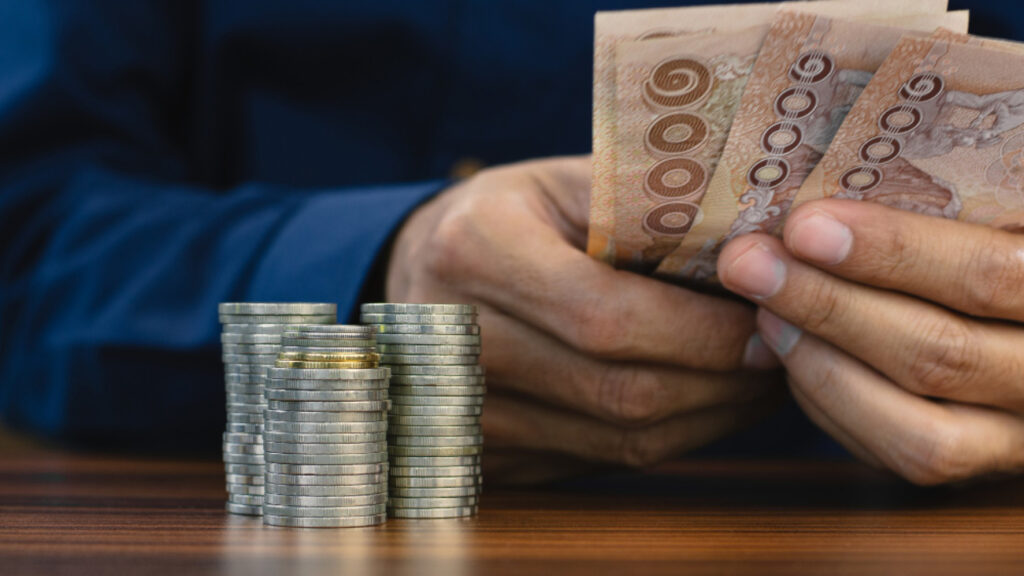Bahaa Abdul Hussein observed that the asset tokenization is changing traditional industries by transforming physical and financial assets into digital tokens on blockchain networks. This innovation enhances liquidity, democratizes access, and streamlines transactions across various sectors. Here are some notable real-world applications:
Real Estate
Tokenization allows fractional ownership of properties, enabling investors to buy and sell shares in real estate assets. For instance, the St. Regis Aspen Resort was tokenized, allowing investors to purchase portions of the luxury hotel. Similarly, platforms like RealT offer tokenized ownership of residential properties, making real estate investment more accessible.
Art and Collectibles
High-value artworks are being tokenized to facilitate fractional ownership. A notable example is the tokenization of Andy Warhol’s “14 Small Electric Chairs,” enabling multiple investors to own a share of the artwork. This approach democratizes access to art investment and enhances liquidity in the art market.
Commodities
Precious metals like gold are being tokenized to provide investors with easy access to commodity markets. PAX Gold (PAXG) is a digital token backed by physical gold, allowing investors to trade gold on blockchain platforms without the need for physical storage .
Intellectual Property
Creators can tokenize their intellectual property, such as patents and copyrights, to raise capital and share future revenue streams. Platforms like Molecule facilitate the tokenization of research-related IP, enabling fractional ownership and investment in scientific innovations.
Renewable Energy
Tokenization is being applied in the energy sector to represent ownership in renewable energy assets. For example, a wind turbine in Germany was tokenized, allowing investors to purchase tokens representing a share in the turbine’s energy production and revenue.
Financial Instruments
Traditional financial instruments, including bonds and money market funds, are being tokenized to enhance efficiency and accessibility. BlackRock launched its first tokenized money market fund on the Ethereum blockchain, allowing qualified investors to participate in a stable digital asset.
Agriculture
Farmland is being tokenized to provide investors with opportunities in agricultural assets. Platforms like Harvest enable fractional ownership of farmland, offering exposure to the agricultural sector and supporting sustainable farming practices.
Supply Chain Management
Tokenization enhances transparency and traceability in supply chains. In the seafood industry, blockchain and tokenization have been used to ensure the quality and origin of products, providing consumers with verifiable information about the products they purchase.
Luxury Goods
High-value luxury items, such as fine wines, are being tokenized to offer investment opportunities. Platforms like Aconomy enable investors to buy and trade tokenized shares of premium wine collections, opening up a new avenue for luxury asset investment.
Sports and Entertainment
Sports teams and entertainment ventures are exploring tokenization to engage fans and raise capital. FC Barcelona partnered with Chiliz to create the Barça Fan Tokens, allowing fans to participate in club-related polls and access exclusive merchandise and experiences.
Conclusion
Asset tokenization is providing innovative solutions for investment, ownership, and transaction processes. As technology advances and regulatory frameworks evolve, the adoption of tokenization is expected to expand, offering new opportunities across various sectors. The article has been authored by Bahaa Abdul Hussein and has been published by the editorial board of Fintek Diary. For more information, please visit www.fintekdiary.com.








